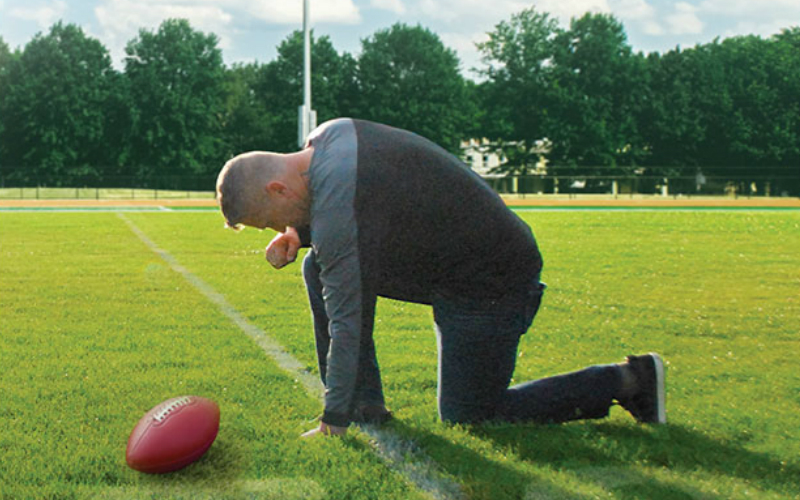"I am hopeful that they will rule in favor of free speech for all artists and ultimately for everyone," says Lorie Smith of Colorado-based 303 Creative. Smith's company offers graphic and website design services and wants to expand to wedding website services, but she says her religious beliefs would lead her to decline any request from a same-sex couple to design a wedding website. (More information on the case)
"Wedding websites offer a natural fit for my skills, but in today's culture that immediately raises the question of promoting not only unions between a man and a woman, but same-sex ceremonies too," says the web designer. "My religious beliefs won't allow me to promote the second option. I can't create a site that would celebrate views contrary to my beliefs."
Smith also wants to post a statement on her website about her beliefs, but that would run afoul of a Colorado anti-discrimination law – the same law Smith has argued violates her free speech and religious rights.
Liberals are warning this will not go well for LGBTQ people, arguing that Smith is seeking a "license to discriminate."
"Smith has not sold her services to anyone who wants a wedding-related website, because she fears violating Colorado's law prohibiting discrimination against LGBTQ people," wrote Ian Millhiser for Vox.com. "She wants the Supreme Court to give her license to design wedding websites for opposite-sex couples – and only for opposite-sex couples."
Smith's attorney Kristen Waggoner of Alliance Defending Freedom (ADF) counters that argument.

"If the government has the power to force Lorie to speak messages that she disagrees with, it can force anyone of us to do so – [even] a Democratic speech writer to promote the Republican Party, or an LGBT website designer to condemn same-sex weddings," Waggoner tells AFN.
"This case illustrates exactly why we have a First Amendment: to prevent officials from eliminating ideas that they dislike from public dialogue and from punishing beliefs that they want to purge from the public square."
In taking the case, the Supreme Court said it would look only at the free-speech issue. The case is expected to be argued in the fall.







